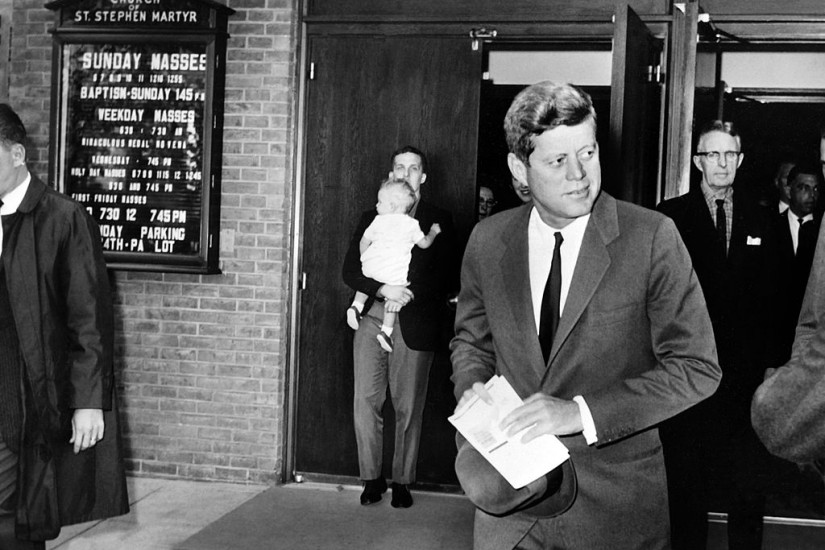Are we stumbling toward the precipice?
The North Korean government tests an Inter-Continental Ballistic Missile; the US president vows “fire and fury like the world has never seen” if the regime keeps up its nuclear provocations. Kim Jong-un threatens to fire four missiles at Guam; the White House warns of the possibility of “preventive war.” Editorials opine that we are involved in a “slow motion” Cuban Missile Crisis. Secretary of Defense James Mattis predicts “a catastrophic war…if we’re not able to resolve this situation through diplomatic means.”
In fact, diplomacy is the only rational option for dealing with the North Korean Missile Crisis, and it is well that Mattis understands the terrible consequences of diplomatic failure. But diplomacy is not limited to conversations; it includes sanctions and plausible threats, the cooperation of the United Nations, collaboration with South Korea, China, Japan, and, most certainly, serious negotiations with North Korea’s leaders.
The idea that talking with the enemy rewards bad behavior is ignorant nonsense. During more than forty years of Cold War hostilities we maintained diplomatic relations with the Soviet Union, the only nation in our history that was literally an existential threat; and it was fortunate for all concerned that we did.
The United States cannot attack North Korea’s nuclear facilities without putting 25,000,000 residents of metropolitan Seoul, and at least 25,000 US citizens (military and civilian) stationed in the Yongsan Garrison in the center of Seoul, at risk of being slaughtered by conventional or nuclear bombardment.
Moreover, South Korea’s President, Moon Jae-in, has decreed that the consent of his government is a prerequisite to any military action against the north.
Possessing overwhelming military force and being unable to apply it is frustrating; but it is not without precedent. Fifty-five years ago, President John F. Kennedy and his advisers faced a similar conundrum when they considered striking the Soviet missiles Premier Nikita Khrushchev had secretly shipped to Cuba. But mindful that even our nuclear superiority might not prevent the Soviets from seizing West Berlin, the president chose to blockade rather than invade.
Seoul Is the Berlin of 2017.
Nevertheless, an airstrike was Kennedy’s angry initial reaction when informed about the USSR’s perfidy. But the discovery of the missiles by a U2 spy plane was a secret that gave the president a week to dampen his outrage and reevaluate his options. And therein lies a lesson from the Cuban Missile Crisis: Time creates room for balancing actions with consequences.
